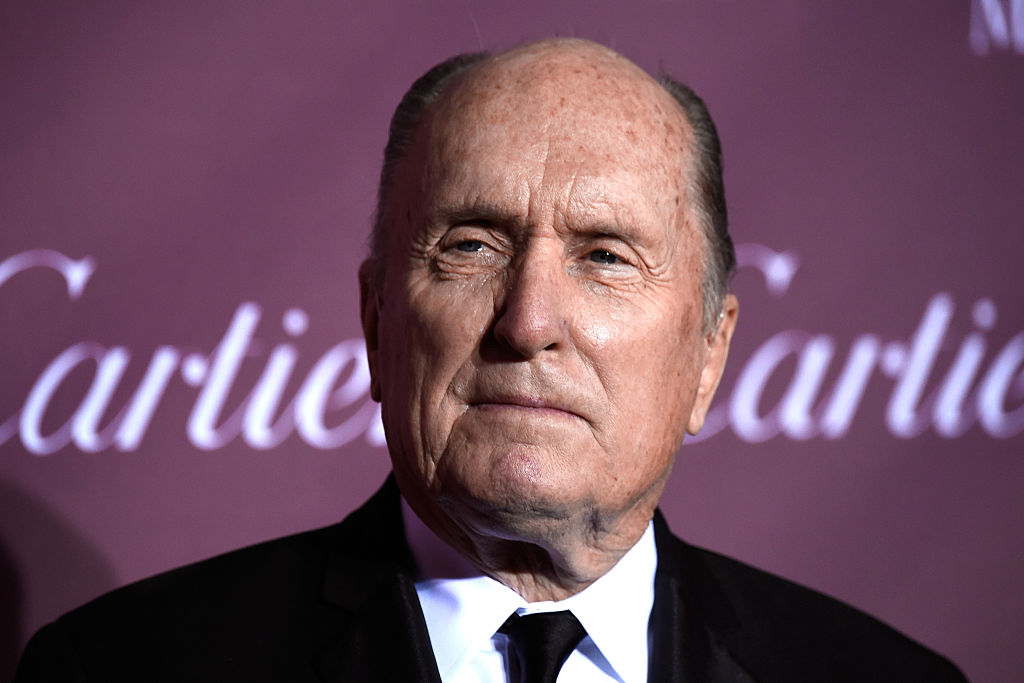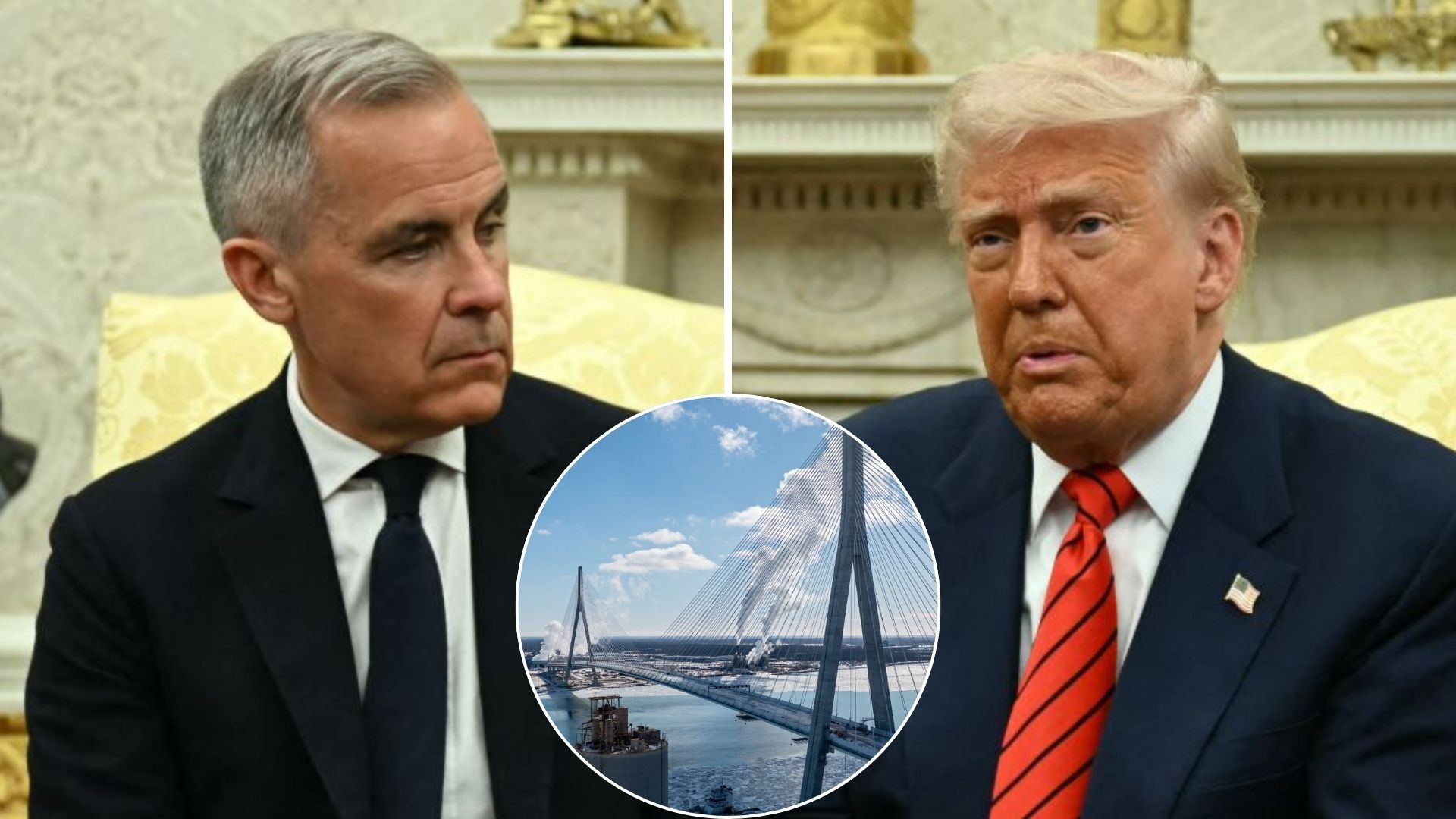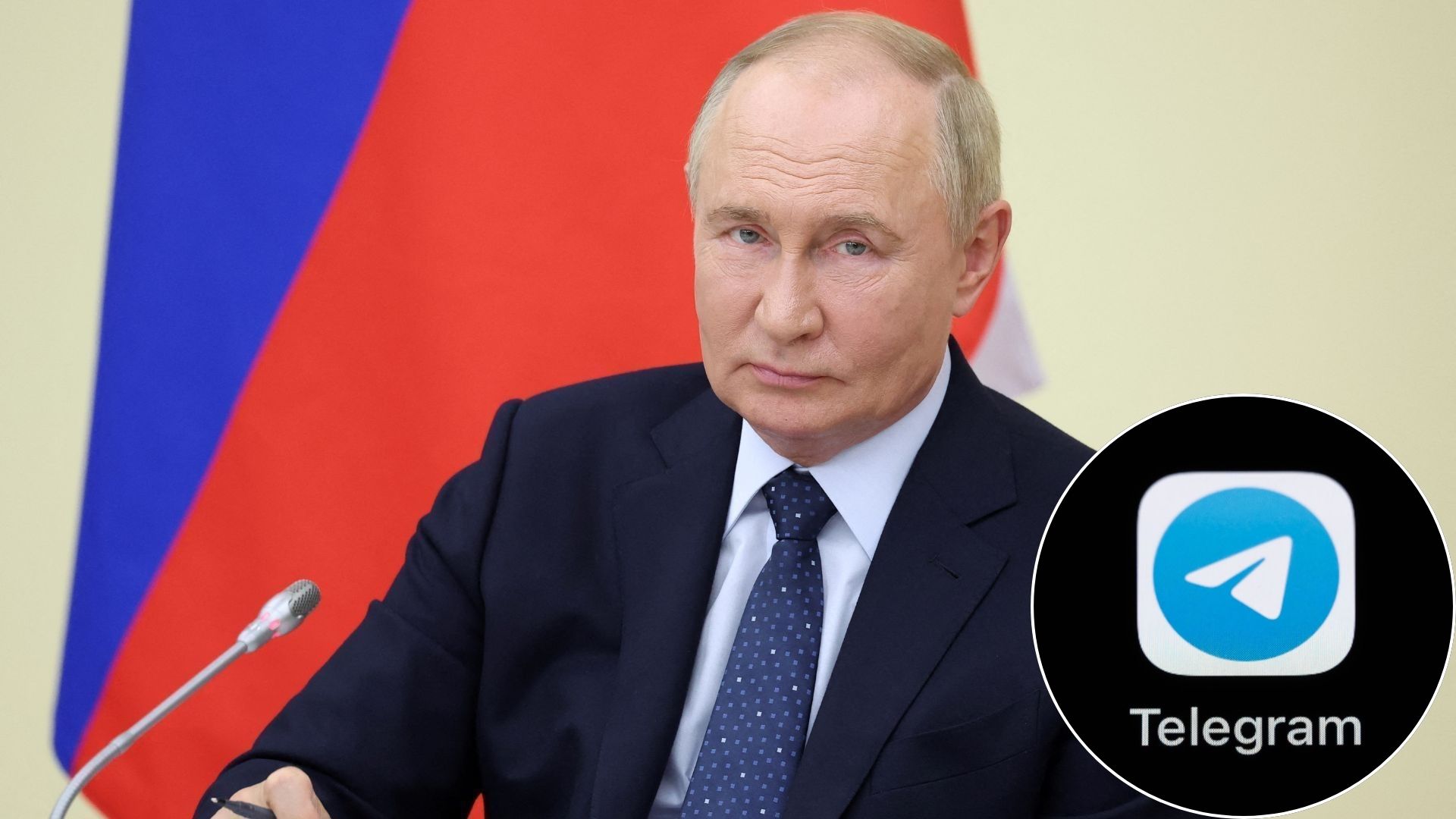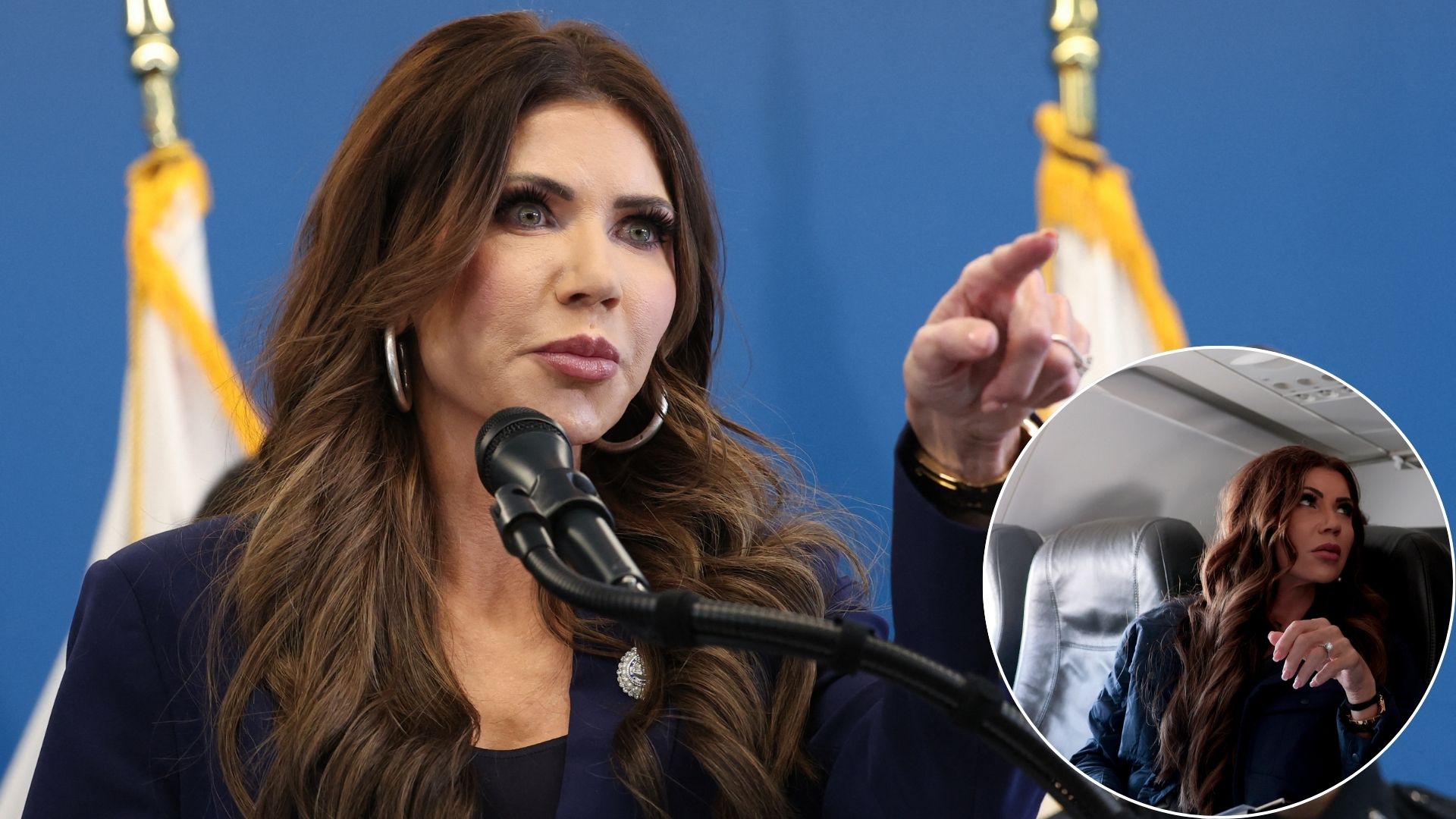The war plans sent to a journalist by mistake is an international disaster, but will anybody pay for it?

A few days earlier, Pete Hegseth had ironically criticized the previous administration and added that the credibility of the United States would be restored under the Trump administration.
The editor in chief of The Atlantic

It was with great surprise that the editor in chief of The Atlantic revealed that members of the Trump administration had discussed highly confidential military plans regarding an operation in Yemen on the Signal application.
The invitation

Initially skeptical, editor-in-chief Jeffrey Goldberg thought he was the victim of a prank when he received the invitation to join this group, composed of influential personalities such as Michael Waltz, JD Vance, Pete Hegseth, Marco Rubio, Tulsi Gabbard, John Ratcliffe, Susie Wiles, Steve Witkoff, and Stephen Miller, as well as other key figures from the Trump administration.
Actually real and incredibly serious

When the discussions touched the details of the real military operation, he quickly understood that what he was reading was actually real and incredibly serious.
A global shock

When the article was published, the revelation shocked the whole world: sensitive military plans had been discussed on an unsecured messaging platform, and a journalist had been accidentally included in these exchanges. Such a leak would have had catastrophic consequences in any other administration, but under the Trump administration, the situation took a totally different turn.
Trump in the den

Trump immediately reacted by denying any knowledge of the discussions. He insisted that he was not aware of the exchanges on Signal, trying to downplay the situation. He also added that he does not like The Atlantic anyway and that it was a failing magazine.
Pete Hegseth denies, but...

Pete Hegseth, the Defense secretary, involved in the operation and in the discussions on Signal, has also denied any involvement. He rejected the accusations, stating that discussions about sensitive military operations weren’t held via Signal.
...the Trump administration had already confirmed
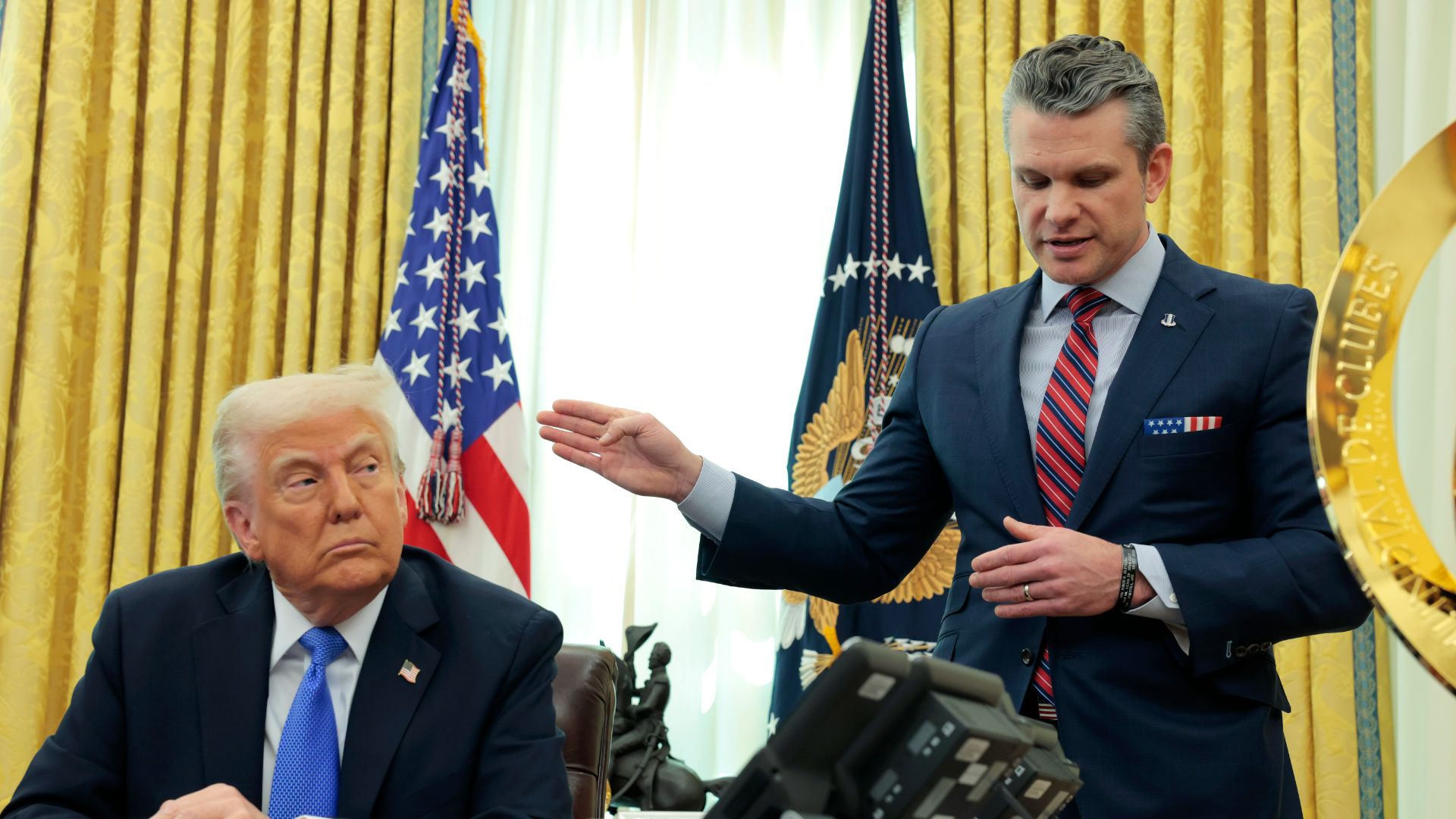
However, the Trump administration had confirmed, before his statements, that these conversations had indeed taken place. Let’s recall that a few days earlier, Hegseth had criticized the previous administration, stating that under it, the United States seemed to be “fools” and adding that the credibility of the United States would be restored under the Trump administration.
What consequences?
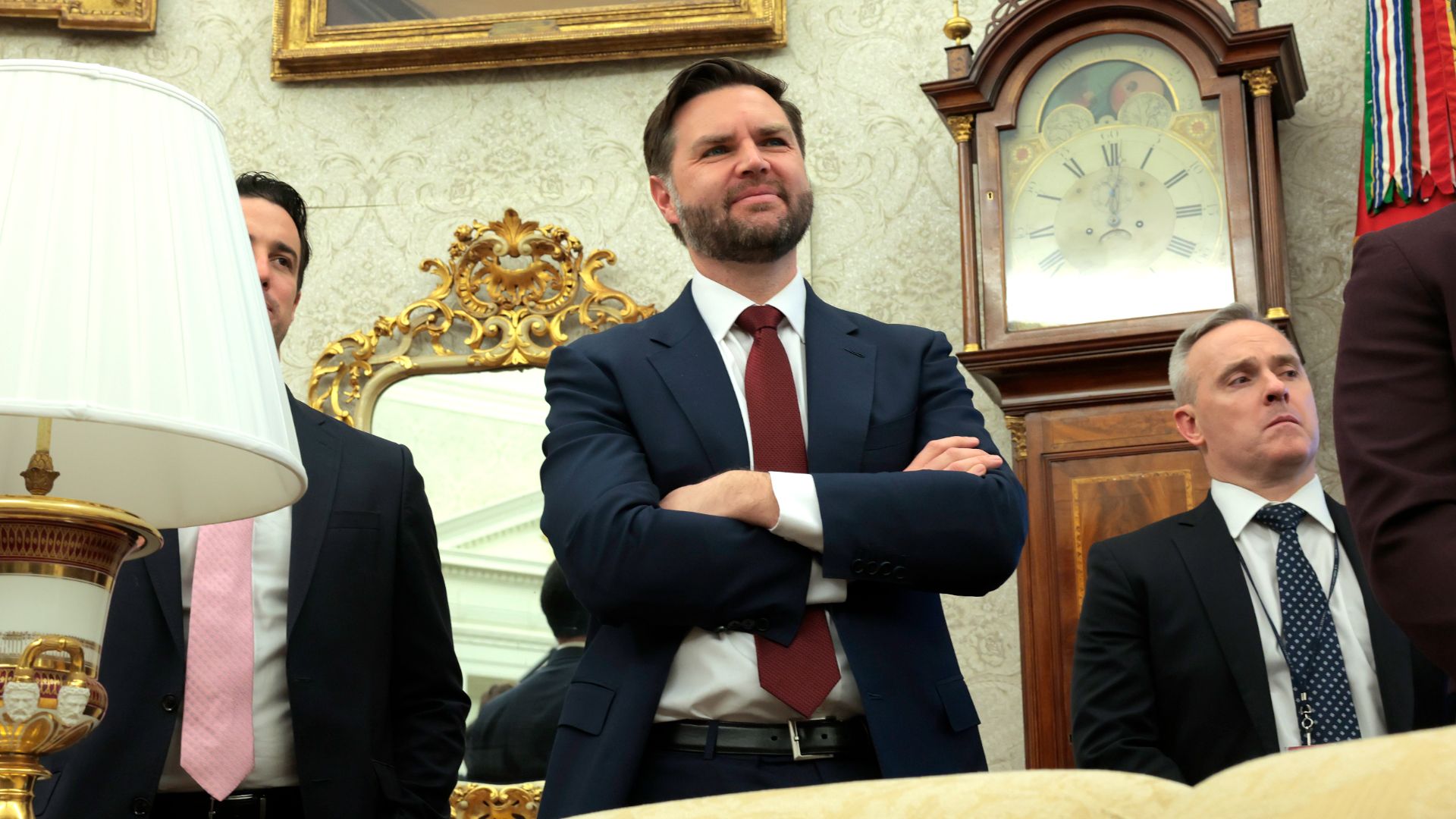
In most of the previous administrations, such a mistake would have immediate consequences… not only for discussing military plans on an open app, but also for accidentally inviting a journalist into the conversation without anyone noticing, until the journalist decided to withdraw himself from it.
Compromised national security

But this time, it may well be that nobody will really pay for this incredible blunder and international disaster under Trump administration, even though this negligence has compromised national security and potentially exposed sensitive information to foreign adversaries.
Putting American troops in danger

Security protocols have been systematically ignored, compromising the military operation and even putting American troops involved in danger in the process.
Largely downplayed

Under normal circumstances, such errors would have led to investigations and sanctions. However, with the Trump administration’s evolution into a regime that many describe as authoritarian, the consequences of this incident seem to be largely downplayed, thereby compromising accountability and, again, national security.

